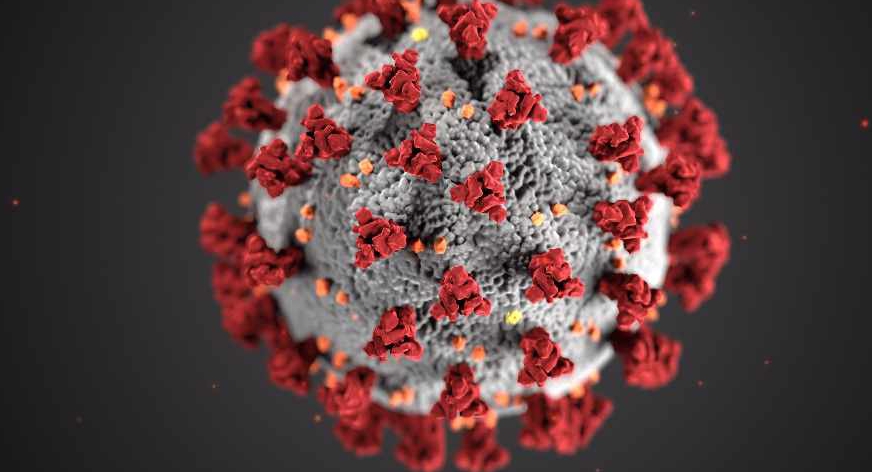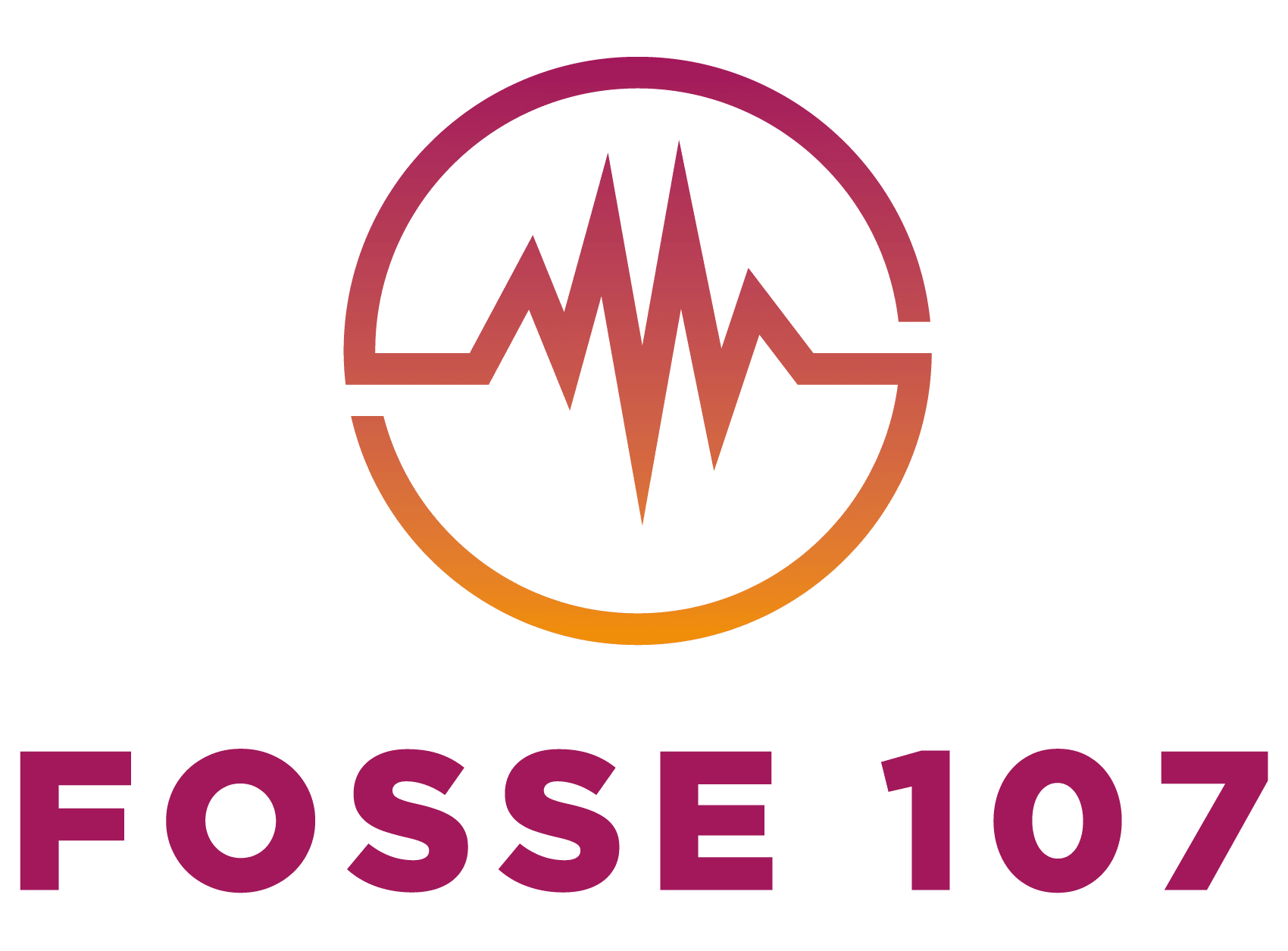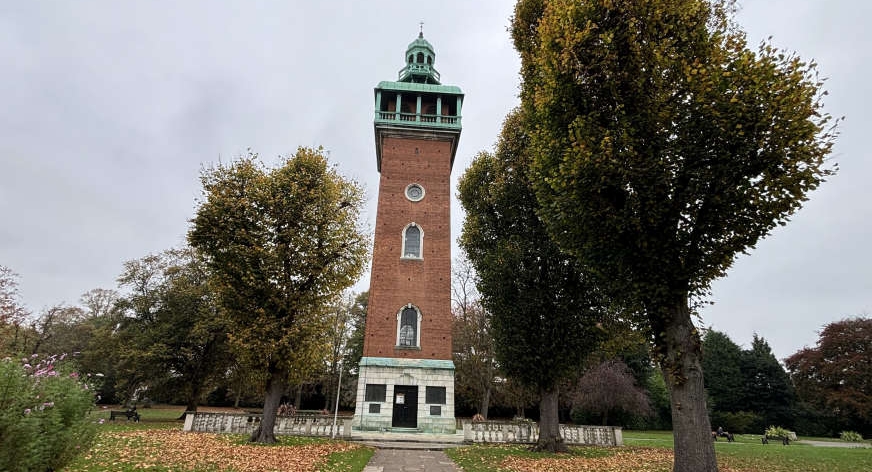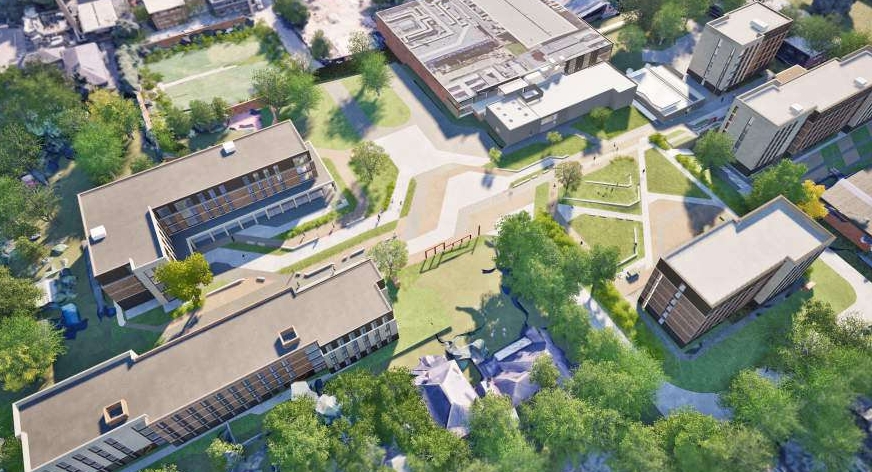
A new rehabilitation facility that study the recovery of coronavirus patients is set to open near Loughborough.
COVID-19 has highlighted the importance of effective rehabilitation post serious illness or injury – saving lives is only one part of an overall care journey which necessarily needs good rehabilitation if a patient is to stand a chance of returning to their former selves.
A new partnership of academic experts from across the UK will spearhead efforts to maximise innovation and collective knowledge at the National Rehabilitation Centre (NRC). This new centre of excellence being planned near Loughborough will be co-located with the specialist centre for Armed Forces rehabilitation which opened in 2018, replacing the former MoD facility at Headley Court in Surrey. The site is the Stanford Hall Rehabilitation Estate.
Loughborough University and the University of Nottingham, joined by a network of 24 other education and research establishments from across the UK, are leading the work.
The newly-formed body is called the NRC Clinical & Academic Partnership – and is now starting its work.
Miriam Duffy, NRC Programme Director, said:
“The impact of COVID-19 highlights the criticality of having a world-class R&D and innovation capability to enable the very best treatments and care. There has always been a need for good clinical rehabilitation and this newly-formed partnership will help to engineer excellence in ways which have never been possible before and are more relevant now than ever. We are talking about integrating research, education, training and innovation in a purpose-planned new facility which also delivers direct patient care. The opportunities to raise the bar and make a meaningful difference across clinical rehabilitation care are simply tremendous.”
To set up the partnership, the NRC invited bids and responses were received from all over the UK. Following the strength of the submissions, it was agreed that Loughborough University and the University of Nottingham would collaborate and lead the partnership together – allowing the NRC to benefit from their complementary specialisms.
Both Loughborough University and the University of Nottingham are pre-eminent and world-leaders in this field.
The partners will be working with the Nottingham University Hospitals NHS Trust, which is the NHS sponsor for the NRC, to drive up standards in research, education and clinical care. Getting patients and clinicians to set research priorities and work with industrial partners will be a great advantage of this clinical academic partnership.
The potential for innovation is substantial with the partnership ambitious to push forward real improvements to clinical care, covering 3D printing of prostheses through to wearable technologies and medical devices to enable the development of cutting-edge treatments and assistive technologies, ultimately aiming to tackle future healthcare challenges.
Professor Mark Lewis, Dean of Loughborough University’s School of Sport, Exercise and Health Sciences said:
“We are excited to be co-leading this consortium – the world-leading research and education expertise we have will be used to transform education and training within rehabilitation and provide patient health benefits through advanced rehabilitation pathways and techniques.”
Professor Pip Logan, Professor of Rehabilitation Research at the University of Nottingham, said:
“The University of Nottingham is extremely pleased and excited to be co-leading the academic consortium for the NRC. Having truly integrated clinical services, research and innovation under one roof for rehabilitation will make this the place to come for treatment, to undertake research and to gain world-class training. The COVID-19 pandemic has highlighted how rehabilitation will be essential to the recovery of deconditioned patients for many years. From today, this new partnership will start to undertake joint rehabilitation research on people recovering from COVID-19.”
The target is for the National Rehabilitation Centre to open in 2024 (subject to formal adoption of the business case at the end of this year which is currently being developed).
The first tasks for the consortium are to now develop a research strategy for rehabilitation together with a long-term workforce plan for the NRC.
The idea for a National Rehabilitation Centre facility was fundamental to the concept of the DNRC programme from the outset. The COVID-19 pandemic has simply added to the relevance and rationale for investing in creating a stronger overall capability in this important area of clinical care.


 Beaumanor Hall temporary closed due to public safety risk
Beaumanor Hall temporary closed due to public safety risk
 Charnwood resident chosen to light the beacon for 80th anniversary of VE Day
Charnwood resident chosen to light the beacon for 80th anniversary of VE Day
 Loughborough student wins international competition to design hearing technology jewellery
Loughborough student wins international competition to design hearing technology jewellery
 Air Ambulance called after collision on M1
Air Ambulance called after collision on M1
 Nominations open for Leicestershire Partnership NHS Trust’s Celebrating Excellence Awards
Nominations open for Leicestershire Partnership NHS Trust’s Celebrating Excellence Awards
 Loughborough University proposes new student accommodation development on campus
Loughborough University proposes new student accommodation development on campus
 Airport celebrates 60th anniversary
Airport celebrates 60th anniversary





